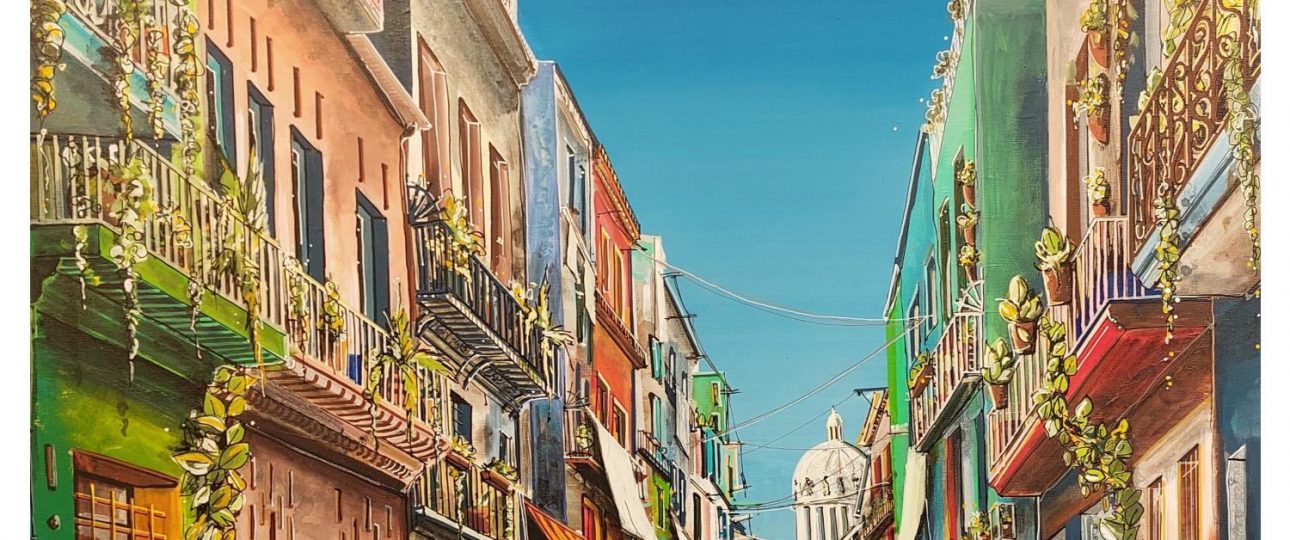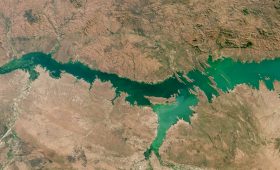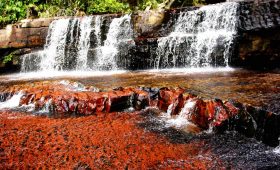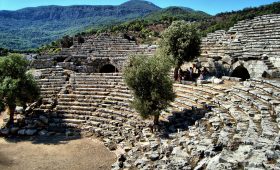Exploring Havana, Cuba
Introduction to Havana
Havana, the capital of Cuba, is a city rich in history, culture, and architectural beauty. Founded in 1519 by the Spanish, it became a crucial port for treasure-laden galleons. Today, Havana is a vibrant city that offers a unique travel experience, blending its colonial past with a lively contemporary culture.
Why Visit Havana?
Havana captivates with its well-preserved colonial architecture, lively street music, and dynamic nightlife. Unlike more commercialized Caribbean destinations, Havana maintains an authentic charm. The city is a UNESCO World Heritage site, particularly noted for its historic center, Old Havana (Habana Vieja), where cobblestone streets and colorful buildings tell stories of the past.
Best Time to Visit
The ideal time to explore Havana is during the dry season, from November to April, when the weather is pleasant and rainfall is minimal. However, this is also the peak tourist season, so expect larger crowds. For a quieter experience, consider visiting during the shoulder months of May-June or September-October, keeping in mind that Havana is a popular destination year-round.
Getting to Havana
Travelers typically arrive at José Martí International Airport, which handles most international flights. Be prepared for potentially long waits at customs and baggage claim. While there are no direct ferries from other Caribbean islands, flights from nearby destinations are frequent. For those flying into Varadero, a bus service connects to Havana.
Local Transportation
Havana is best explored on foot, especially in areas like Old Havana. For longer distances, taxis are widely available, including vintage cars known as “almendrones.” Public buses offer a budget-friendly option, though they can be crowded. Walking allows you to fully experience the city’s vibrant atmosphere.
Notable Attractions
- Old Havana (Habana Vieja) – Wander through this historic area, a UNESCO World Heritage site, and visit landmarks like the Plaza de la Catedral and the Castillo de la Real Fuerza.
- Malecón – This iconic seaside promenade is perfect for a leisurely stroll, offering stunning ocean views and a glimpse into local life.
- Museo Nacional de Bellas Artes – Art lovers will appreciate the extensive collection of Cuban art housed here, showcasing works from various periods.
- Fábrica de Arte Cubano – A hub for contemporary art and culture, this space hosts exhibitions, live performances, and vibrant nightlife events.
Practical Tips
- Expect long lines at popular attractions, especially during peak season.
- Currency exchange services can be unreliable, so plan accordingly.
- While Havana is generally safe, exercise usual travel precautions, especially in crowded areas.




